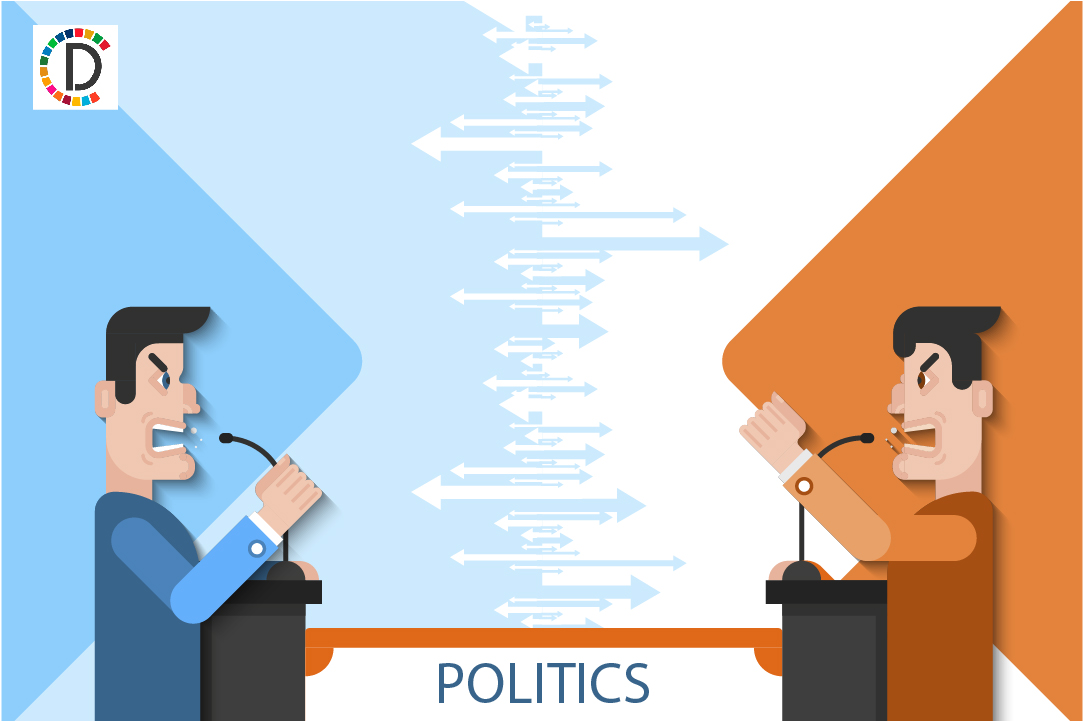Resurgence of Islamists in Jordan's Elections Amidst Regional Turmoil
Jordan's moderate Islamist opposition made significant gains in the recent parliamentary election, driven by anger over Israel's war in Gaza and a new electoral law that favors political parties. The Islamic Action Front, political arm of the Muslim Brotherhood, won up to a fifth of the seats under the revamped system.

Jordan's moderate Islamist opposition made significant strides in Tuesday's parliamentary election, with initial results on Wednesday showing gains fueled by anger over Israel's Gaza conflict.
The Islamic Action Front (IAF), benefiting from a new electoral law encouraging greater political party involvement, secured up to a fifth of the seats in the 138-seat parliament. Despite this, tribal and pro-government factions remain dominant.
IAF leader Wael al Saqqa emphasized the party's increased responsibility, highlighting a democratization effort led by King Abdullah to insulate Jordan from regional strife and hasten political reforms.
The king retains most powers under Jordan's constitution, including appointing governments and dissolving parliament. The electoral system still favors sparsely populated tribal regions over densely populated cities, which are Islamist strongholds.
The voter turnout was low at 32.25%, reflecting Jordanian stability despite regional conflicts. The Muslim Brotherhood, with a longstanding presence in Jordan, has gained popularity through its support of Hamas during the Arab Spring.
(With inputs from agencies.)
ALSO READ
Frances Tiafoe Reaches U.S. Open Quarter-Finals After Defeating Alexei Popyrin
Tiafoe Triumphs Over Popyrin: Secures Third Consecutive U.S. Open Quarter-Final Spot
Frances Tiafoe Advances to U.S. Open Quarterfinals for Third Consecutive Year
Serena Williams' Inspiring Pep Talk Drives Tiafoe to Victory
Frances Tiafoe Advances to U.S. Open Quarter-Finals Amid Electrifying Atmosphere










